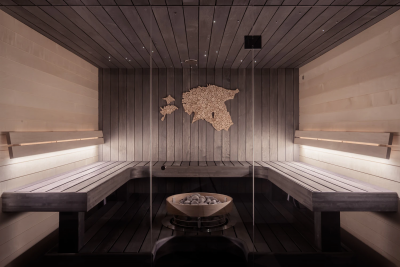Choosing a Hot Water Heater For Your Home
If you are looking for a new water heater, be aware that your options now reach far beyond replacing your current storage tank water heater with one just like it. As heating water typically consumes about 10 to 15 percent of a home’s total monthly energy budget, all the best new water heaters focus on heating water efficiently.
Conventional Storage Water Heaters
Storage water heaters are large, familiar white tall, cylindrical tanks. There are natural gas, electricity, and propane heaters for you to choose from and they store from 20 to 120 gallons of water, depending on the size of the tank. If you are looking for a conventional water heater, your first decision will be whether to buy an electric or a gas hot water heater. Besides considering the price, do check the yellow Energy Guide label to help you in your decision-making.
Make sure to check the first-hour rating (FHR) number, as this indicates how much hot water the heater can supply per hour at peak usage. Look out for the energy factor (EF) too, as this indicates how well the unit can convert its fuel to heat. The higher the EF number, the more efficiently the water heater uses its energy. Electric hot water heaters tend to have higher EF than gas units. But though electric units may use their fuel more efficiently, electricity is a much more expensive water-heating fuel than gas in most regions.
Alternatively, you can combine an indirect water heater to a higher efficiency boiler. For an indirect water heater, you will need a separate storage tank. This combination will give you the cheapest way of heating water and help you save money, especially during the winter months. Portable water heaters are good choices for adding hot water to outbuildings, shops, or garages. These heaters are energy efficient and can supply endless hot water on demand without the expense and space of water storage.
Whole House Tankless Water Heaters
Tankless water heaters are also known as Instant hot water heaters, do not store water. Rather they heat water as it passes through a series of coils in the unit. While a tankless water heater can provide an unlimited amount of hot water, it can only provide a limited volume. Most tankless units can provide up to 3.5 gallons of heated water per minute. These units are a good choice for any household whose demand for hot water is not more than two points at a time. They are also ideal for families who have small homes and little room for bulky water heaters.
There are propane, natural gas, and electric tankless water heaters for you to choose from. Consumers interested in tankless gas heating need to check that home gas lines will support the demands of a whole-home tankless gas water heater system and that ventilation is adequate for this type of water heating. While tankless gas water heater requires good venting, some units have power vents that allow you to exhaust gases out a side wall; these are ideal for situations where running a new vent out the roof would be impractical. Rinnai, Bosch, and other companies make units that can be installed outside the home and therefore do not require venting but these may not be practical in extremely cold climates.
Warning: Any water heaters repair dealing with gas connections should be done by the local gas utility company or a qualified and licensed plumber. Work done on natural gas connections by an untrained and unlicensed person is dangerous and most likely in violation of local regulations and building codes.

